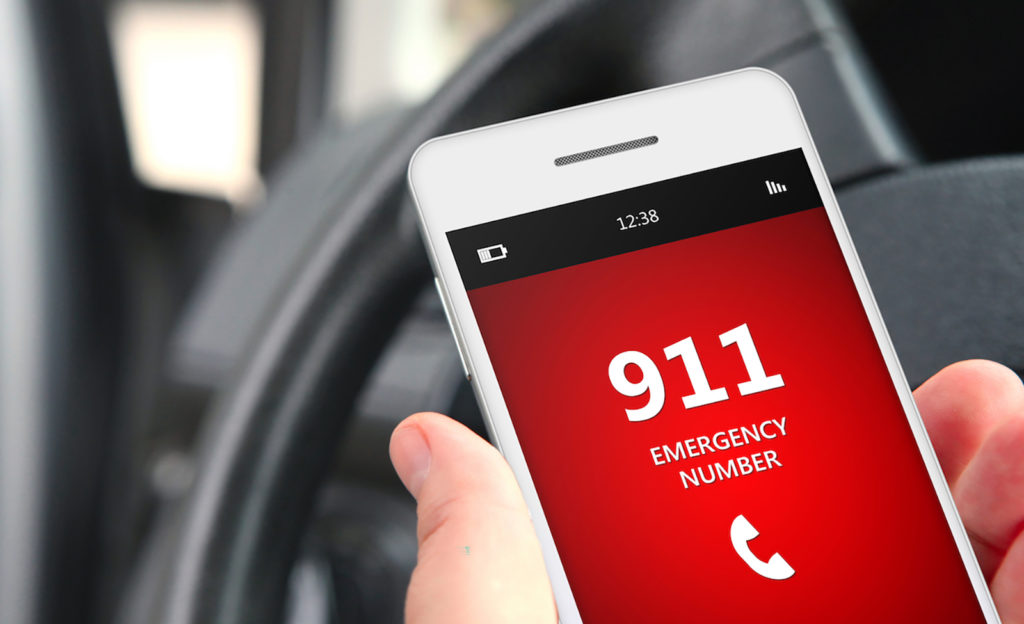
MedStar dropped a press release this week detailing the continue of alarming trends during the COVID-19 pandemic preventing people from calling 9-1-1. Simply put – residents are scared to death!
Statistics for cardiac arrest are trending in an unhealthy direction, with an increase in residents having died at the scene and decreases in treatment for victims at area hospitals. The culprit appears to be rooted in the irrational fear of exposure to COVID-19 in ambulances and hospitals.
“We are quite concerned that locally and nationwide people are afraid to call 9-1-1,” said Stephen Love, president/CEO of the DFW Hospital Council. “We are experiencing adverse patient outcomes by patients not calling 9-1-1 or delaying the call. Hospitals and the emergency departments are constantly focused on infection control and therefore some of the safest locations in the community.”
According to MedStar, responses in which a patient was found to be in cardiac arrest were up 113% in April 2020 compared to April 2019. Of the patients found to be in cardiac arrest, patients pronounced dead at the scene were up 164%.
The trend is not unique to North Texas, with similar data being reported by EMS systems across the U.S. In a recent survey of EMS agencies by the National Association of Emergency Medical Technicians, 69% of respondents reported EMS responses have decreased.
Area healthcare leaders are spreading the message to remind everyone it is safe to call 9-1-1, especially during the COVID-19 pandemic. Hospitals have taken numerous steps to assure patient safety and EMS crews are well prepared to safely intervene for serious medical issues.
“It is safe to seek emergency medical care with no fear of contracting COVID-19,” Love said. “Make the call as North Texas hospitals are here to serve you with safe medical diagnoses and treatment. There is no need to be scared, especially if your life depends on it.”
For information on the signs of heart attack and stroke, please click here.
Data shows alarming 9-1-1 trends for EMS calls during COVID-19 pandemic
05/07/2020